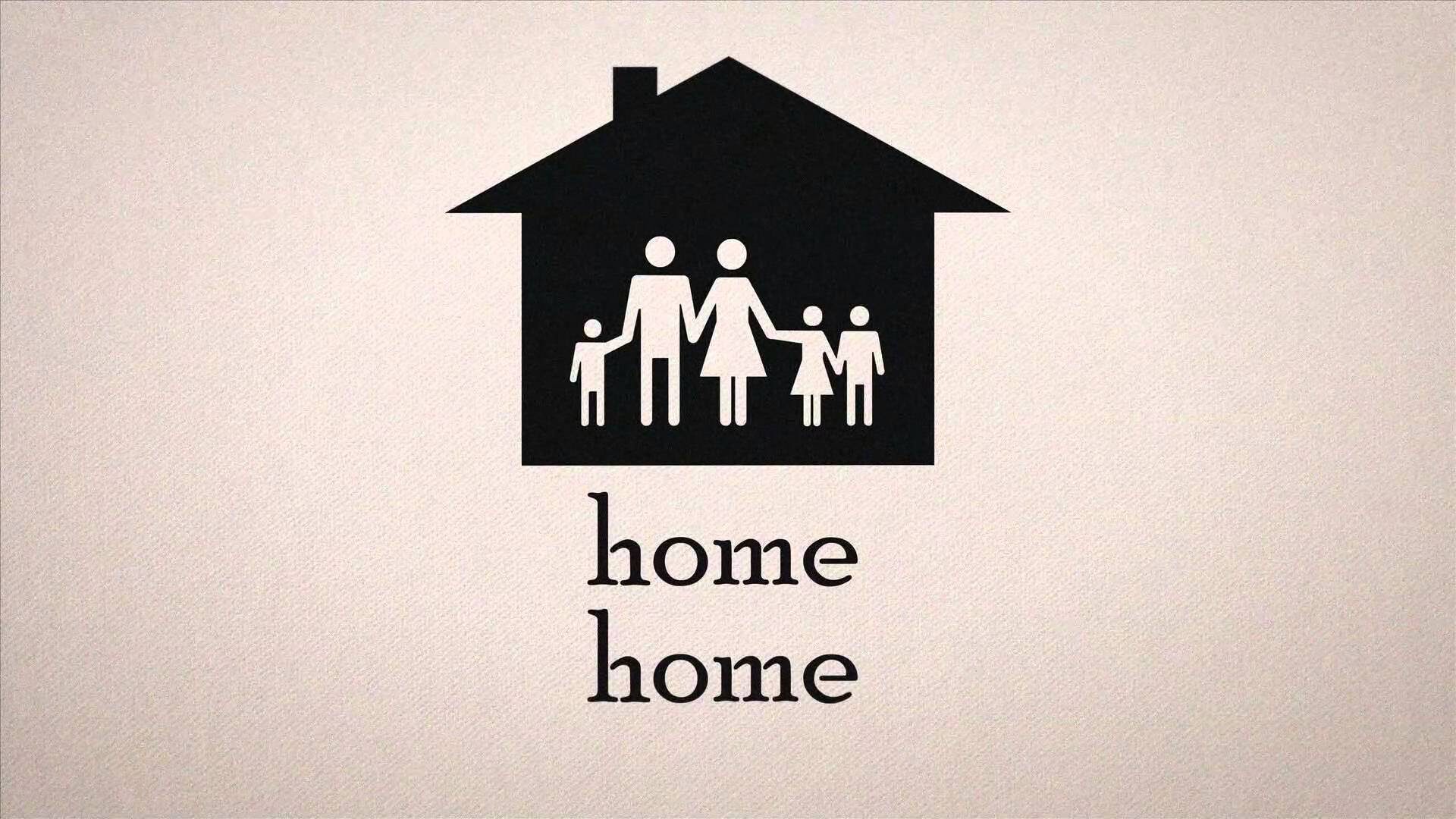Often when we put a child to bed, we say something like, “Night, night.”
Linguists refer to this kind of repetition as “reduplication.” Compared with other languages, English doesn’t use reduplication all that often or all that productively. But if you listen for it, you can hear it.These reduplicated forms aren’t always childlike. You’ll hear “yada yada yada,” which actually has three identical forms in a row. There’s also reduplication with slight modification in the reduplicated form, such as “flip flop,” “chit chat,” and “super duper.” Here we see reduplication being used in English to create new words.
Then you’ll hear speakers use reduplication in conversation when they are not making a new word, but rather they are trying to clarify a word’s specific meaning. For example, I have heard one student say to another student, “I’m going home.” And the other student asks, “Home home?” And by “home home” the student is trying to get at a prototypical meaning of home: “Are you going to the place where you grew up—where your family lives?”
Sometimes you’ll hear, “Is that a job job?” And by that I think the speaker means, “Is that a job where you get paid?” Or someone might ask, “Did you buy a car car?” Here, the speaker may be wondering whether you bought a car or some other type of vehicle, like an SUV. In these cases reduplication is used to get at a prototypical meaning of a word. (It has been pointed out to me that the “car car” question also could be driving at whether the car is new or used, or whether it is a nice, luxury car or a less expensive car.)
Reduplication is not just jibber jabber.
Occasionally you’ll hear a reduplicated form in discourse where the speaker is trying to clarify a euphemism. I have heard people ask, “Are you sleeping together sleeping together? Or just sleeping together?” Here the reduplicated form refers to the euphemistic, sexual meaning, whereas the non-reduplicated form is to be taken literally. There’s also the use of reduplication to suggest romantic meaning. If someone says, “Oh, I like him,” you can ask in response, “Do you like like him?” In other words, “Do you like him in the romantic sense?”
Then there is the “friend friend.” I have to say, I think “friend friend” can be quite ambiguous. The question “Is she a friend friend?” can mean, “Is the relationship romantic?” Often you can hear that implication in the speaker’s intonation. Or the same question, with different intonation, can use reduplication to get at the prototypical meaning of “like,” as in, “Is he just a friend friend or ‘something more?'”
As you can see, context and intonation can really matter with reduplication in discourse.
And with that, I’ll leave you with a “ta ta” or a “bye bye” and let you listen to the reduplication happening all around you.
This video originally appeared in LSA Today, where you can find more videos, including an archive of Anne Curzan’s discussions of language.




Dave Burgett - '77
Why is this called “reduplication”? All the phrases cited exemplify duplication, with the exception of the third “yada.”
Reply
Peter Liem - MCL 1971
Very interesting. In Indonesian (my mother tongue) there are reduplications abound with different meanings than the original words.
Reply
John Sharp - 1974
Do you think reduplication in English is sometimes a carryover from other languages (e.g., Hebrew via the Old Testament)? I would guess that is particularly true of a triplet. On the other hand, do you like like him is probably English.
Reply
Orval Wolfgram - 1963
I have noticed “etc. etc” frequently used, but cannot see that it offers any additional information. The words “very” and “much” are almost always duplicated; with no discernible necessity. Such verbosity merely complicates the comprehension of the message but may have originated as an attempt to impress the listener.
Reply
Alan Headbloom
Anne, this is a terrific bit of linguistic observation, especially the car-car, etc. examples. Earlier this month, I’d published this post on triplets: http://feellikeyoubelong.com/2013/03/01/embracing-triplets-how-we-sometimes-repeat-ourselves/. By the way, why IS it called RE-duplication and not just duplication?
Reply
Nathan Daly - 2013
I really like that you picked up on this one, it’s something my friends and I had noticed among ourselves. But actually, it gets even worse! We’ve noticed:
a job – a temporary or campus job
a job job – a serious job where you get paid
a job job job – a career job, or the kind of job we are striving towards after graduation!
It really is very funny! You didn’t mention it in this video, but is this phenomenon newer or does it have long historical roots as many of the other phenomenons you’ve discussed? Thanks!
Reply